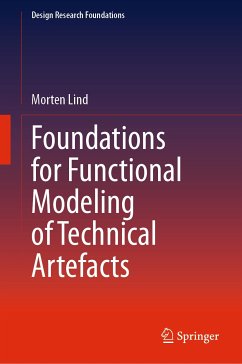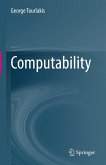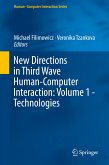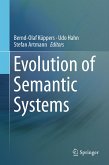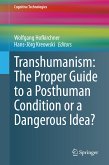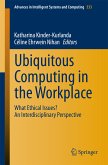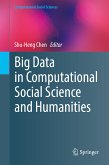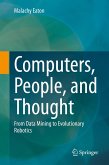The author developed this approach as part of his research on Multilevel Flow Modelling (MFM). He based the framework on concepts of action and means-end analysis drawing on existing theories from several areas of study, including philosophical logic, semiotics, and phenomenological approaches to social science. Here, he applies it to three modeling situations related to the interaction of technical artefacts and humans. One involves the relation between designer and artefact, another the relation between technical artefact and its user, and the third the relation between a natural object and its user. All three are relevant for modelling complex automated processes interacting with human operators.
The book also discusses challenges when applying the foundations for modelling of technical artefacts. Overall, it provides a cross disciplinary integration of several fields of knowledge. These disciplines include intelligent process control, human machine interaction, and process and automation design. As a result, researchers and graduate students in computer science, engineering, and philosophy of technology will find it a valuable resource.
Dieser Download kann aus rechtlichen Gründen nur mit Rechnungsadresse in A, B, BG, CY, CZ, D, DK, EW, E, FIN, F, GR, HR, H, IRL, I, LT, L, LR, M, NL, PL, P, R, S, SLO, SK ausgeliefert werden.
Hinweis: Dieser Artikel kann nur an eine deutsche Lieferadresse ausgeliefert werden.

